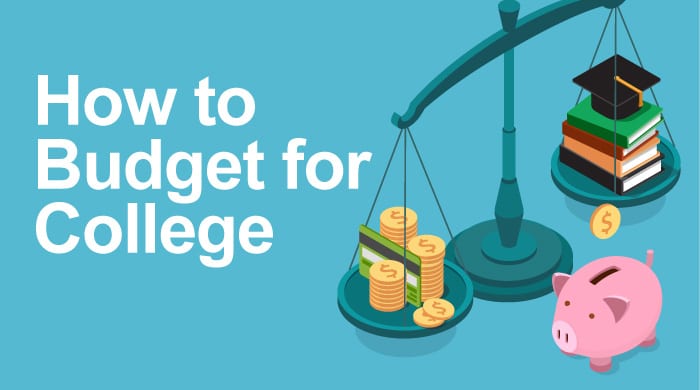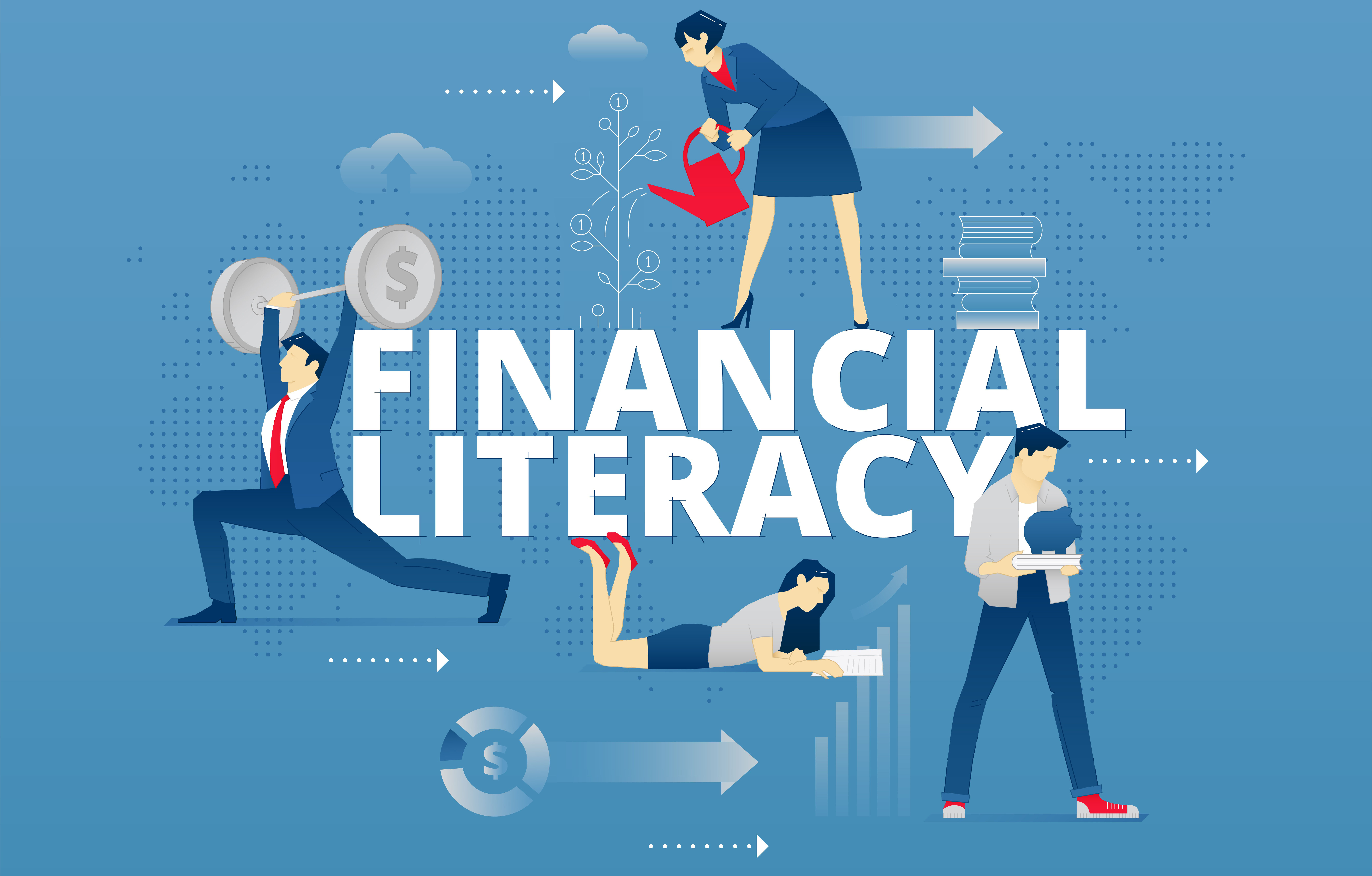Introduction:
Embarking on the journey of higher education often requires a thoughtful approach to student finance. This comprehensive guide delves into the essentials of managing student finances, covering key aspects such as loans, scholarships, and budgeting. Whether you’re a prospective student or a current one, understanding these fundamentals is crucial for a successful academic journey.
- Navigating Student Loans: Making Informed Decisions: Student loans are a common means of financing education, but navigating the options can be daunting. Start by exploring federal student loans, known for their favorable terms and fixed interest rates. Private student loans are also available, but it’s essential to carefully compare interest rates, terms, and repayment options before making a decision. Use online tools and calculators to estimate potential loan payments and assess your ability to manage the debt responsibly.

- Understanding Scholarships: Tapping into Financial Support: Scholarships offer a valuable avenue for financial support, and there are numerous opportunities available for students. Begin your search by exploring scholarship databases, both general and specialized. Many organizations, institutions, and foundations offer scholarships based on academic achievements, extracurricular activities, and unique talents. Pay close attention to eligibility criteria and application deadlines, and consider reaching out to your school’s financial aid office for additional guidance.
- Budgeting Basics for Students: Balancing Income and Expenses: Creating and sticking to a budget is a fundamental skill for managing student finances effectively. Start by identifying your income sources, which may include part-time employment, work-study programs, or financial assistance from family. List all anticipated expenses, including tuition, housing, textbooks, and personal items. Utilize budgeting apps and tools to track your spending, set financial goals, and stay on top of your financial health throughout the academic year.

- Exploring Work-Study Programs: Balancing Academics and Employment: Work-study programs offer students the opportunity to gain valuable work experience while earning money to cover educational expenses. These programs are often linked to your field of study, providing a chance to apply classroom knowledge in a practical setting. Explore work-study opportunities offered by your institution, and consider how part-time employment can contribute to your overall financial plan without compromising academic commitments.
- Utilizing Financial Aid Resources: Tapping into Additional Support: Beyond loans and scholarships, financial aid resources can provide additional support for students. Federal grants, such as the Pell Grant, are need-based awards that do not require repayment. Explore other grants and aid programs offered by your state, institution, or private organizations. Filling out the Free Application for Federal Student Aid (FAFSA) is a crucial step in accessing various forms of financial assistance.
- Financial Literacy Education: Empowering Yourself with Knowledge: As a student, investing time in financial literacy education pays dividends in the long run. Familiarize yourself with basic financial concepts, such as interest rates, credit scores, and loan terms. Attend workshops, webinars, or seminars offered by your institution or external organizations to enhance your understanding of personal finance. The more informed you are, the better equipped you’ll be to make sound financial decisions.

- Planning for Repayment: Crafting a Post-Graduation Financial Strategy: While student loans offer the necessary financial support for education, understanding the repayment process is crucial. Familiarize yourself with the terms of your loans, including interest rates and grace periods. Explore income-driven repayment plans and loan forgiveness programs. Consider developing a post-graduation financial strategy that includes a realistic plan for repaying your loans while managing other financial responsibilities.
- Financial Wellness Resources: Accessing Support Services: Many institutions provide financial wellness resources to support students in managing their finances effectively. These resources may include financial counseling services, workshops, and online tools. Take advantage of these services to receive personalized guidance on budgeting, debt management, and financial planning.
Conclusion:
Student finance is a multifaceted journey that requires careful planning, informed decision-making, and ongoing financial literacy. By navigating student loans, exploring scholarship opportunities, and mastering budgeting basics, you can build a solid foundation for a successful academic experience. Remember to leverage financial aid resources, explore work-study programs, and prioritize financial wellness to ensure a well-rounded approach to managing your finances as a student. With these essential tools and insights, you can confidently navigate the realm of student finance and set the stage for a financially secure future.

Leave a Reply